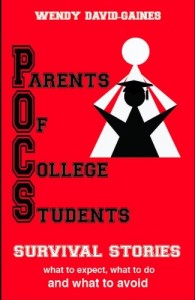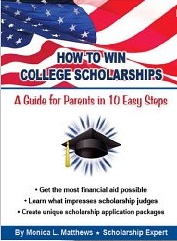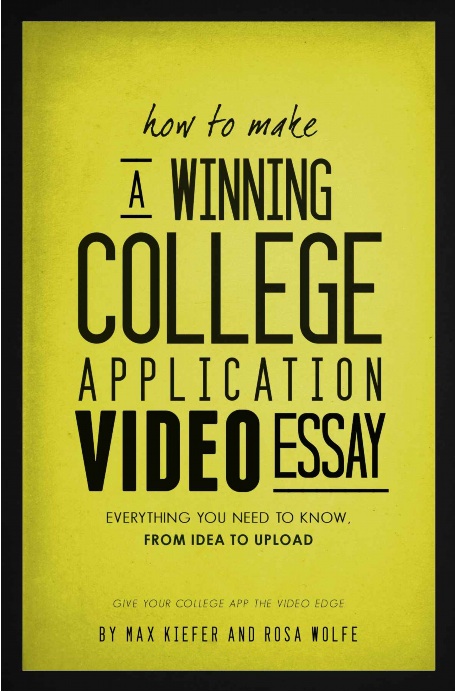Sign up for my FREE parent tips email and get my FREE Ebook on college financing!
Listen up parents and students! The school year has begun and for seniors, it’s time to start thinking about that all-important Common Application. You know the one? The one that sells your student to the college. The one that asks pointed questions about your student, their high school career, and their interests. Yes. That Common Application.
You may have hundreds of questions in your head. Which colleges accept it? Can my student vary their essays to tailor them toward specific colleges? What exactly is included in the Common App?
When you have questions, you need answers. Zinch has provided you with the answers to all these questions and more. In their article they give you links, tips and videos to help you complete the process. Zinch may be the go-to site for scholarships, but their high school blog is the go-to site for helps with the college admissions process.
Read all about Zinch resource toolkit for the Common App on their high school blog














